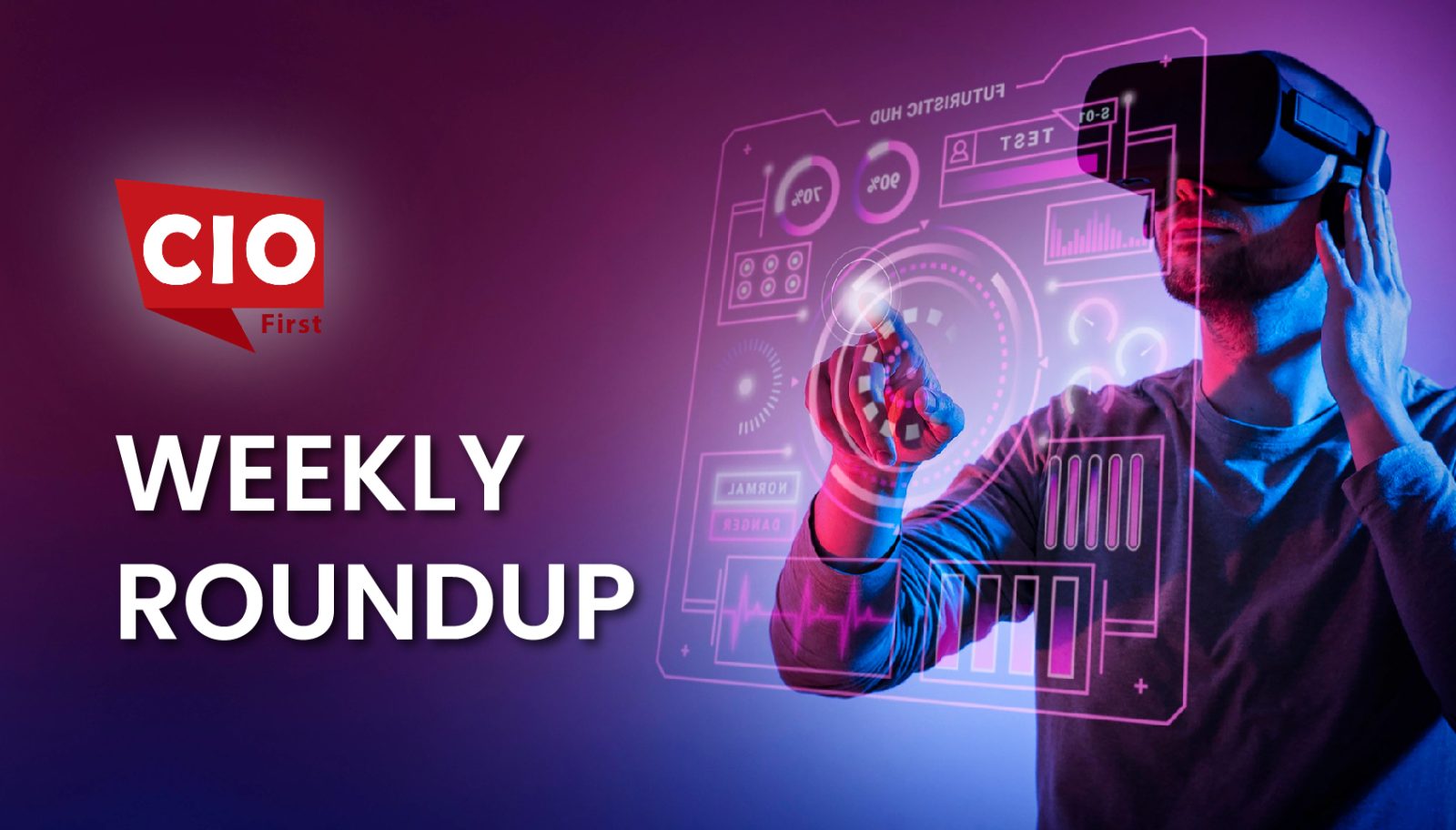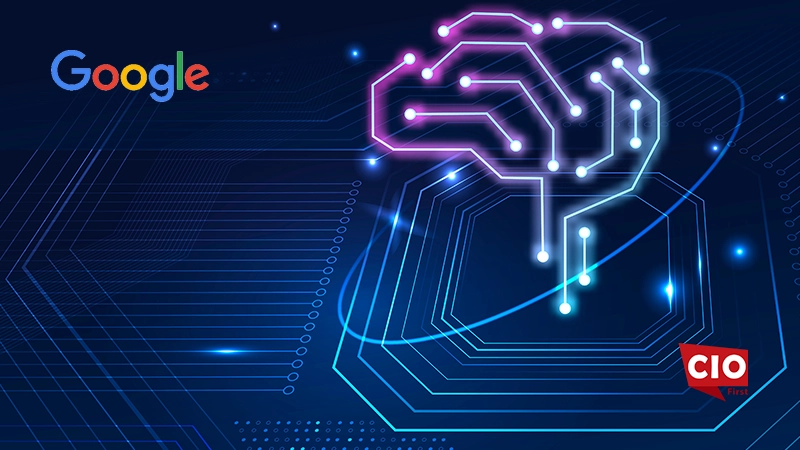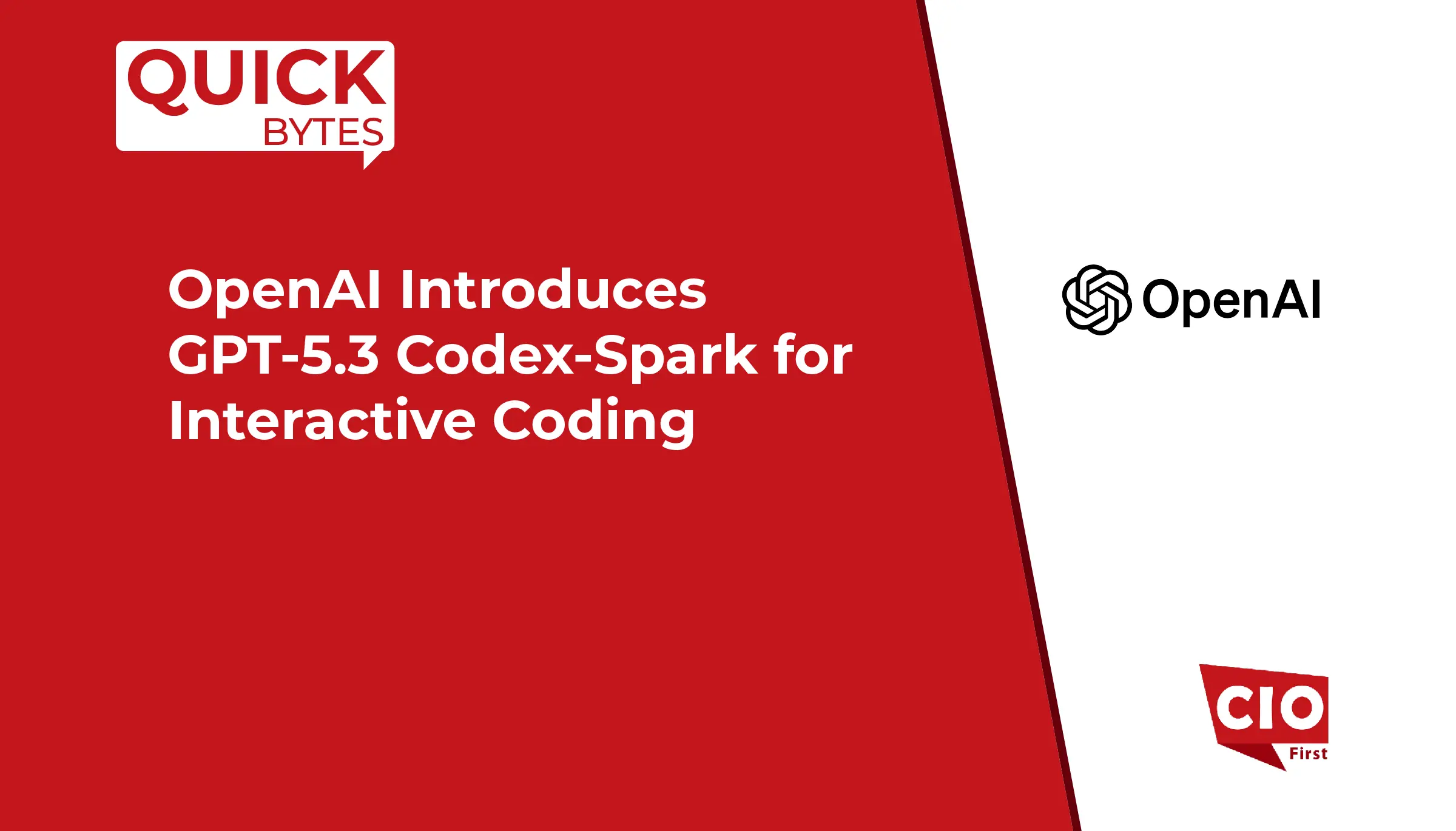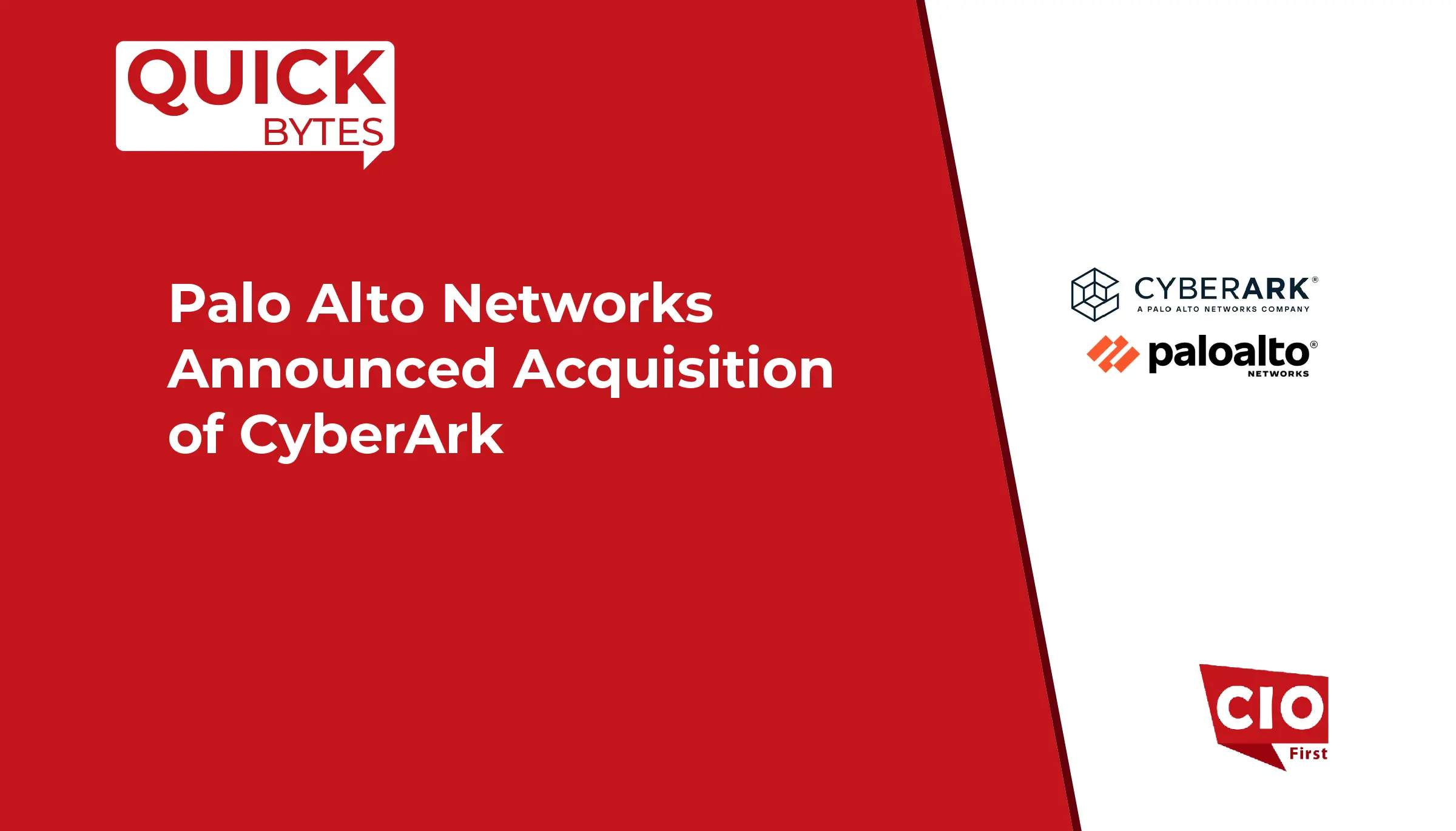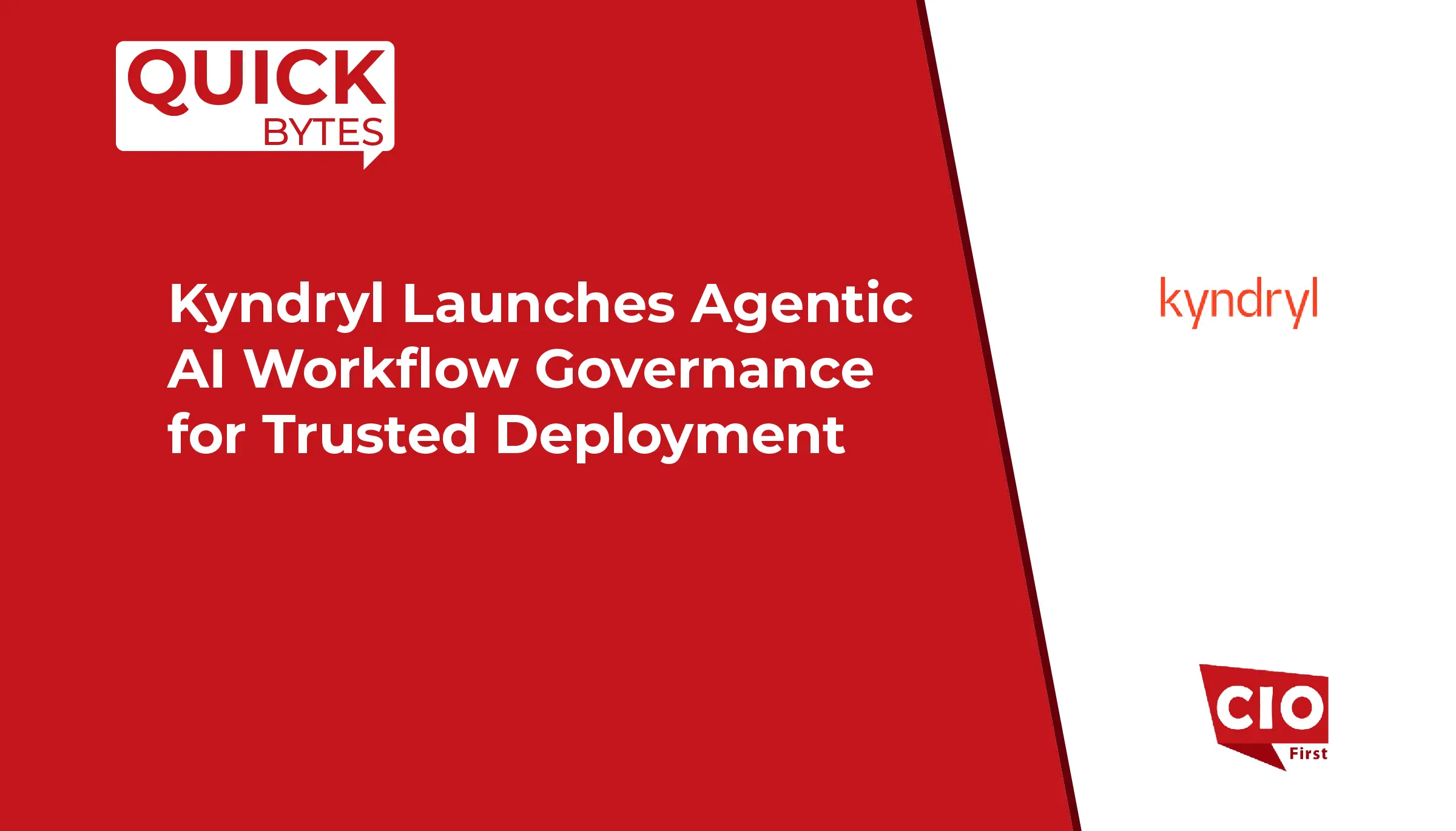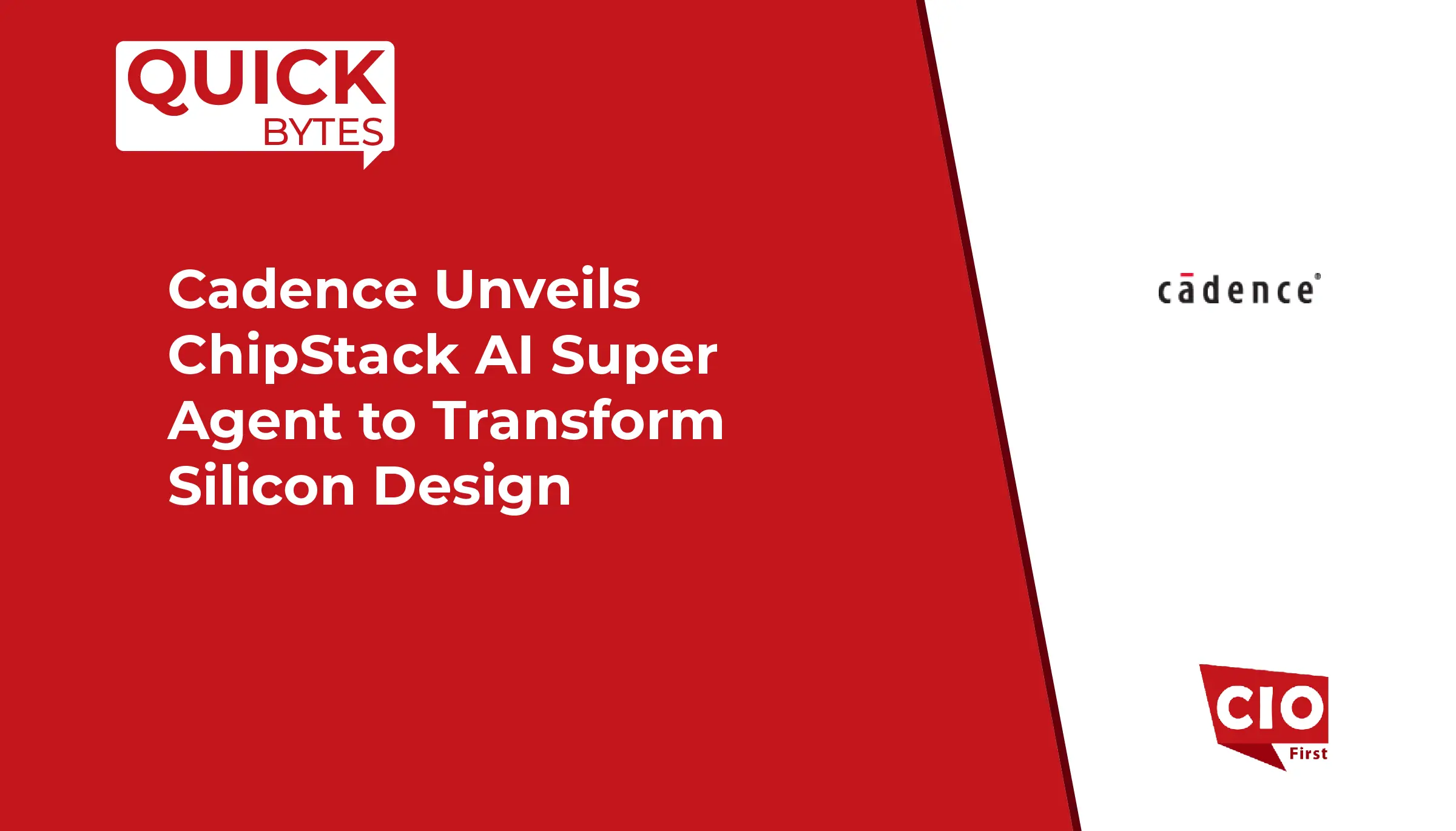Quantum Machines, the leading provider of processor-based quantum controllers and Rigetti Computing, a pioneer in full-stack quantum-classical computing, announced the successful application of AI to automate the calibration of a quantum computer. The work was completed as part of the “AI for Quantum Calibration Challenge” that was jointly issued by Rigetti and Quantum Machines and hosted at the Israeli Quantum Computing Center (IQCC).
The two companies participating in the Challenge, Quantum Elements and Qruise, automated the calibration of a 9-qubit Rigetti Novera™ QPU integrated with Quantum Machines’ advanced OPX1000 control system and NVIDIA DGX Quantum, a unified system for quantum-classical computing that NVIDIA built with Quantum Machines. This achievement not only showcases the potential of AI in quantum computer calibration, but also highlights the growing maturity and collaboration within the quantum computing ecosystem.
Quantum Elements used their software to achieve high accuracy in setting up individual and pairs of qubits, reaching 99.9% single-qubit gate fidelity and 98.5% two-qubit gate fidelity. Qruise leveraged the control system to fine-tune all nine qubits simultaneously, speeding up the preparation process.
As the industry scales the number of qubits in quantum computing systems, it grapples with increasingly complex calibration requirements. “Calibrating quantum computers has become one of the most significant bottlenecks in scaling quantum systems,” said Dr. Yonatan Cohen, co-founder and CTO of Quantum Machines. “Today, it can take weeks to months of expert time to develop the model to properly calibrate even a modest-sized quantum processor, and hours, sometimes daily, to re-run those calibrations. Each qubit requires careful tuning of dozens of parameters, and these parameters drift over time and interact with each other in complex ways. As we move toward systems with thousands of qubits, the challenge becomes exponentially more difficult. The traditional approach of manual calibration by quantum physicists simply won’t scale with our ambitions for larger quantum computers.”
Also Read: WiMi Researches A Blockchain-Assisted Resource Management Scheme for Edge Computing Networks
“These results demonstrate the remarkable potential of AI-powered calibration tools in quantum computing,” said David Rivas, CTO at Rigetti Computing. “Using automated processes, both Qruise and Quantum Elements achieved performance levels matching our rigorous system specifications – work that can require weeks of manual tuning by a skilled engineering team. As we advance toward larger qubit counts, having validated that AI tools can reach our performance benchmarks is an exciting moment for the industry. This successful demonstration shows how automation accelerates quantum computer setup while maintaining the exacting standards required for quantum computation. We look forward to seeing these tools used by our customers who have both our Novera QPU and Quantum Machines’ control.”
“AI is a critical tool for advancing quantum computing,” said Tim Costa, Senior Director of CAE, EDA and Quantum at NVIDIA. “This latest work shows how the scalable control of quantum hardware needed for useful applications hinges on advances in AI.”
This achievement builds on Quantum Machines’ ongoing work with NVIDIA to leverage AI in quantum computing operations. In September, Quantum Machines worked with NVIDIA to demonstrate the successful use of reinforcement learning to optimize a control pulse for a Rigetti QPU in real time using the NVIDIA DGX Quantum platform. As the industry moves toward larger systems with thousands of qubits, the combination of automated calibration tools and real-time AI-powered optimization has the potential to remove key bottlenecks in quantum computer operation while maintaining the high fidelities needed for practical quantum computation.
Additionally, both Quantum Elements and Qruise have joined Quantum Machines as members of the Novera QPU Partner Program, an ecosystem of quantum computing technology providers who build and offer integral components of a functional quantum computing system. Novera QPU customers who need control systems, a dilution refrigerator, and quantum computing software tools can leverage Rigetti’s network of partners to streamline their journey for selecting and integrating their preferred technology with the Novera QPU.
The 9-qubit Novera QPU is based on Rigetti’s Ankaa™-class architecture featuring tunable couplers and a square lattice for denser connectivity and fast two-qubit operations. The Novera QPU has been sold to leading national labs, including the Superconducting Quantum Materials and Systems Center led by Fermilab and the Air Force Research Lab, and Horizon Quantum Computing based in Singapore.
SOURCE: GlobeNewswire






